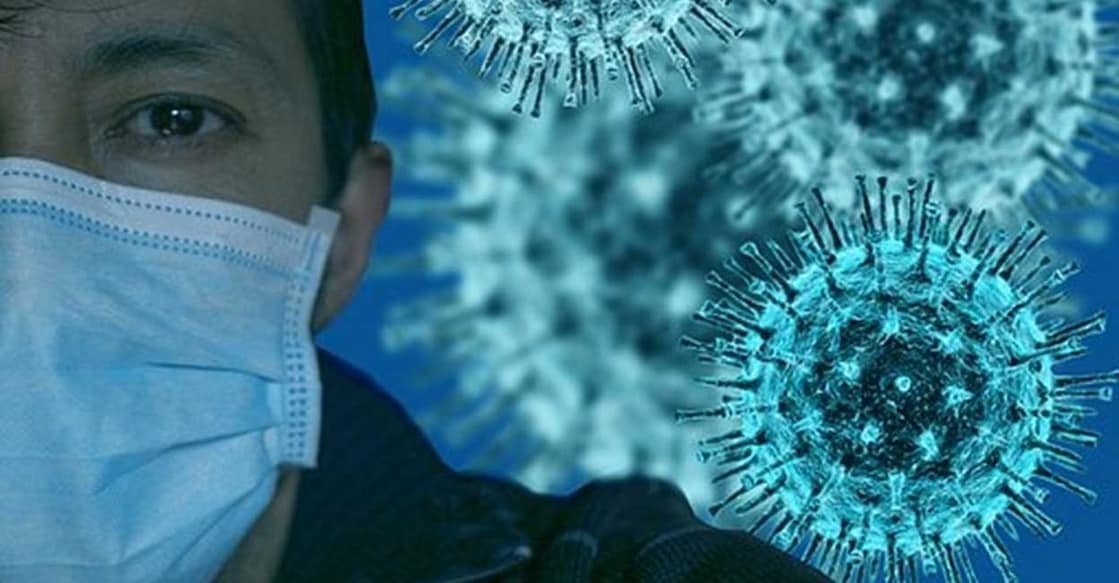NeoCov's potential danger to humans needs to be studied, says WHO after Chinese warning

Mail This Article
Beijing: The World Heath Organisation on Friday said that the NeoCov coronavirus discovered by Chinese scientists calls for further study.
A study by Chinese researchers had concluded that a type of coronavirus, NeoCov, that spreads among bats in South Africa may pose a threat to humans in future if it mutates further.
"It is only one mutation away from becoming dangerous for humans," researchers said in a paper posted on preprint website bioRxiv, and not peer-reviewed yet.
However, according to the WHO, the question of whether the NeoCov coronavirus, recently discovered in bats in South Africa, poses a threat to humans, requires further study.
"Whether the virus detected in the study will pose a risk for humans will require further study," the health body was quoted as saying to TASS news agency.
The WHO added that it "works closely" with the World Organisation for Animal Health (OIE), the Food and Agriculture Organisation (FAO) and the UN Environment Program (UNEP)in order to "monitor and respond to the threat of emerging zoonotic viruses."
The WHO told TASS that its experts were aware of this research, and "thank the researchers for sharing their findings in a preprint."
"Animals, particularly wild animals, are the source of more than 75 per cent of all emerging infectious diseases in humans, many of which are caused by novel viruses. Coronaviruses are often found in animals, including in bats which have been identified as a natural reservoir of many of these viruses," the global body said.
NeoCov related to MERS
The yet-to-be peer-reviewed study recently posted on the preprint repository BioRxiv by a Chinese research team, shows that NeoCov is closely related to the Middle East respiratory syndrome (MERS), a viral disease first identified in Saudi Arabia in 2012.
Coronaviruses are a large family of viruses that can cause diseases ranging from the common cold to Severe Acute Respiratory Syndrome (SARS).
Researchers from Chinese Academy of Sciences and Wuhan University noted that NeoCov is found in a population of bats in South Africa and to date spreads exclusively among these animals.
In its current form, NeoCov does not infect humans but further mutations may make it potentially harmful, the researchers noted. "In this study, we unexpectedly found that NeoCoV and its close relative, PDF-2180-CoV, can efficiently use some types of bat Angiotensin-converting enzyme 2 (ACE2) and, less favourably, human ACE2 for entry," the authors of the study noted.
ACE2 is a receptor protein on cells that provides the entry point for the coronavirus to hook into and infect a wide range of cells.
"Our study demonstrates the first case of ACE2 usage in MERS-related viruses, shedding light on a potential bio-safety threat of the human emergence of an ACE2 using "MERS-CoV-2" with both high fatality and transmission rate," they said.
The researchers further noted that infection with NeoCov could not be cross-neutralised by antibodies targeting SARS-CoV-2 or MERS-CoV.
"Considering the extensive mutations in the RBD regions of the SARS-CoV-2 variants, especially the heavily mutated Omicron variant, these viruses may hold a latent potential to infect humans through further adaptation," the authors of the study added.
A receptor-binding domain (RBD) is a key part of a virus that allows it to dock to body receptors to gain entry into cells and lead to infection.
(With IANS and PTI inputs.)

